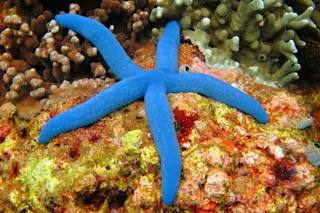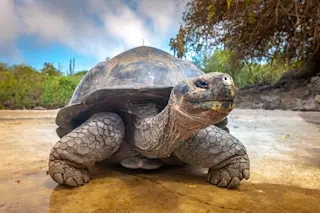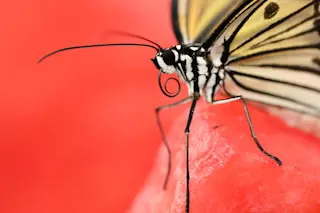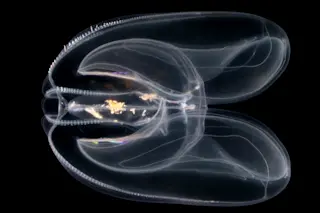On Thursday I wrote about a new paper reporting the reconstruction of a 450-million year old hormone receptor, and experiments indicating how it evolved into two receptors found in living vertebrates such as ourselves. On Friday I took a look at the initial response to the paper from intelligent design advocates at the Discovery Insitute. They claim that there exist biological systems that show "irreducible complexity," which could not possibly have evolved. In response to the new research, intelligent design advocates claimed that hormones and their receptors do not actually make the cut as irreducibly complex systems. But to do so, they had to ignore their own published definition of irreducible complexity. As I mentioned on Friday, the Discovery Institute promised more, and more they have delivered. Not scientific papers published in peer reviewed scientific journals, of course, but a lot of press releases and such. There's a lot to ...
The Final Adventures of the Blind Locksmith
Discover how hormone receptor evolution challenges intelligent design claims and offers insights into natural selection and ancestral pathways.
More on Discover
Stay Curious
SubscribeTo The Magazine
Save up to 40% off the cover price when you subscribe to Discover magazine.
Subscribe













